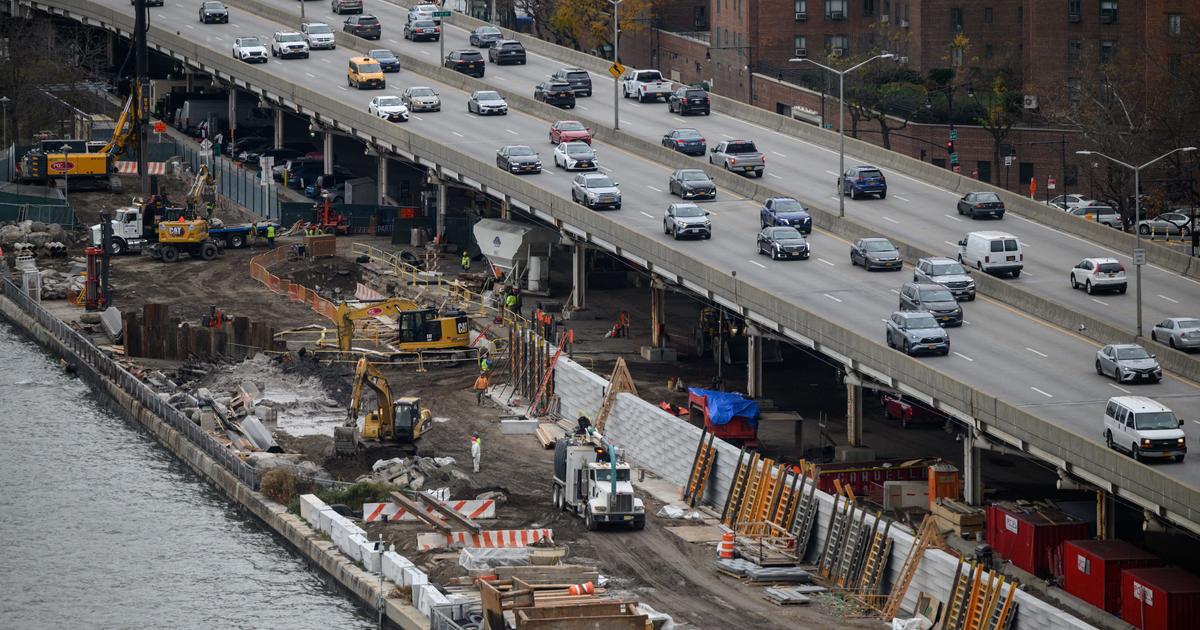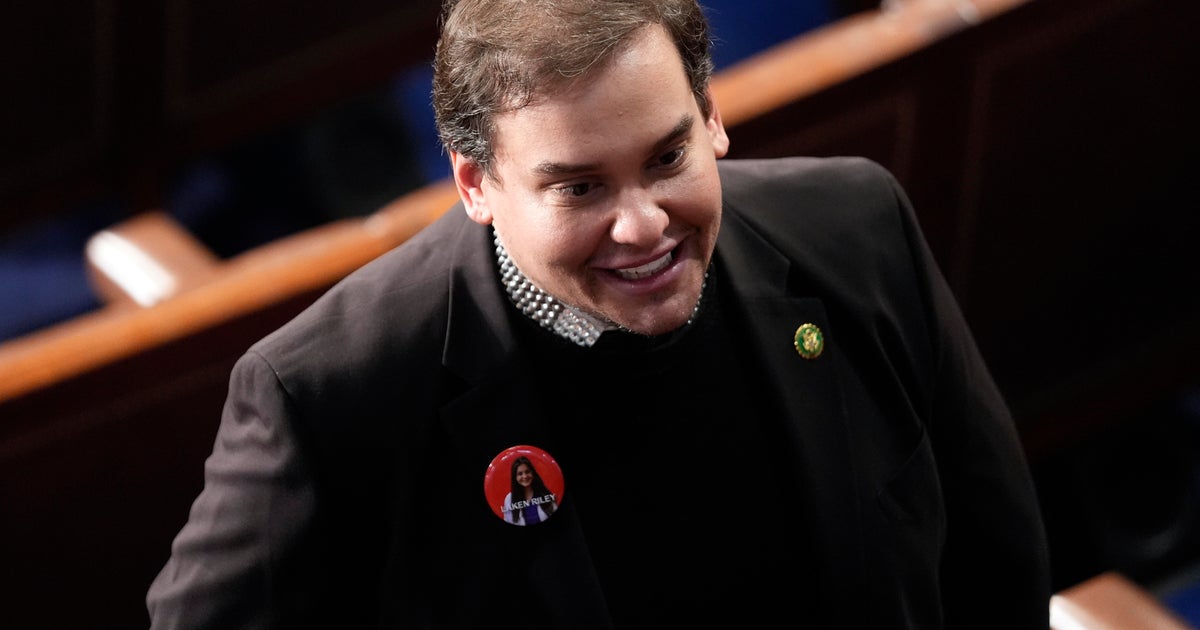CBS2 Exclusive: Sources Say Deal Reached To Decriminalize Minor Offenses In NYC
NEW YORK (CBSNewYork) -- Major changes will indeed be coming to quality of life law enforcement in New York City, sources told CBS2 on Tuesday.
As CBS2 Political Reporter Marcia Kramer reported Tuesday evening, sources said some minor offenses will no longer be treated as criminal matters under a deal being worked out by city officials.
Turnstile jumping and public urination are still expected to be treated as crimes warranting an arrest, but a host of minor offenses such as drinking in public are expected to be treated administratively rather than criminally.
The changes would come under planned adjustments to the city's quality of life laws being worked out by Mayor Bill de Blasio, police Commissioner Bill Bratton, and City Council Speaker Melissa Mark-Viverito, sources said.
"I'm hopeful," Mark-Viverito said. "I always am very optimistic."
CBS2 Exclusive: Sources Say Deal Reached To Decriminalize Minor Offenses In NYC
There was a loud uproar when Mark-Viverito first proposed changes to the city's quality of life laws in February. The largest naysayer was Bratton, who said just this past Friday that he would not endorse the abolition or watering down of the "broken windows" policing strategy -- the philosophy of enforcing minor quality of life crimes as a means of preventing more serious ones.
"Under no circumstances will I, as police commissioner, support anything that weakens the ability of my officers to police and keep this city safe," Bratton said.
But sources told CBS2 the mayor and the police commissioner that some things could be handled in an administrative tribunal rather than the criminal courts.
Among those offenses are public consumption of alcohol, bicycling on the sidewalk, being in a park after dark, and failure to obey a park sign.
This does not mean that it will now be legal to drink on the street or speed down the sidewalk on a bicycle, Viverito emphasized.
"You still have to pay a penalty," Mark-Viverito said. "You still have to pay a fine."
But people will not end up in jail if they cannot make bail when arrested for the low-level offenses, and it turns out that most people nabbed for the crimes indeed cannot make bail, Kramer reported.
A total of 88 percent of the people arrested for low-level offenses end up spending time in jail awaiting trial, Kramer reported.
Sources said the mayor and police commissioner, who already have decriminalized some marijuana use, also see other benefits. Among them are unclogging the court system, and freeing up police officers who would no longer have to go to court to testify.
According to the state's chief judge, the open container law against drinking in public accounts for 100,000 summonses annually – cases that could easily be handled administratively.
"We want to minimize the interaction of constituents with these low-level offenses with the criminal justice system," Mark-Viverito said. "It has implications for our city when you have people who are jailed for a week or two weeks for some of these offenses."
Sources told Kramer there are still a number of things to be worked out, including whether people stopped for the newly re-classified offenses have to show valid identification.



